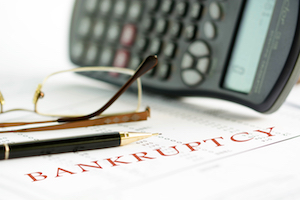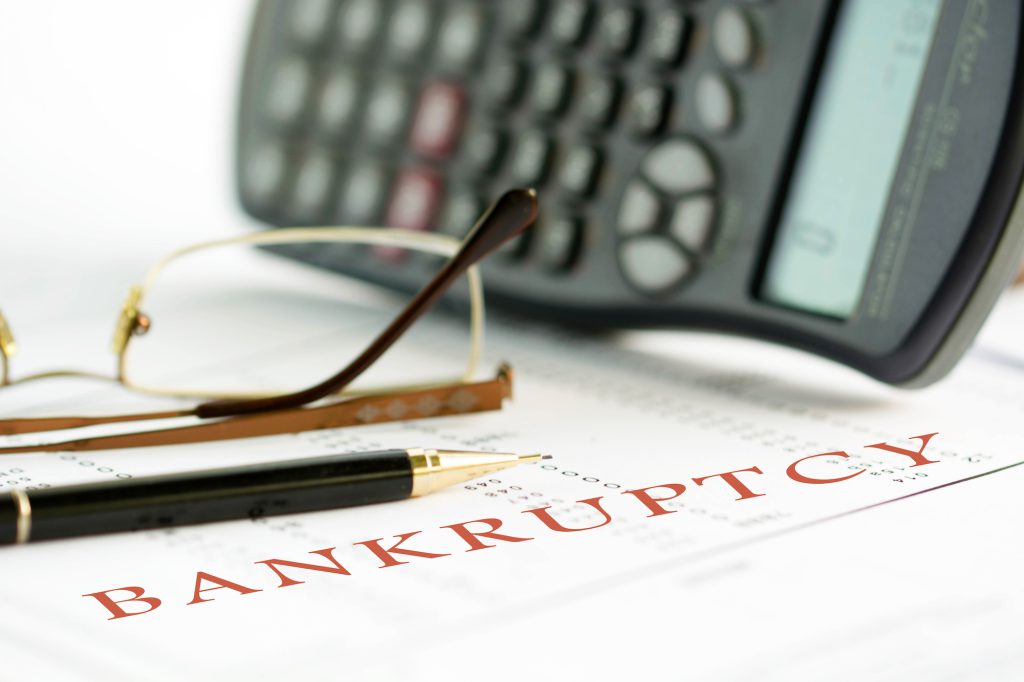 Bankruptcy can be a challenging time, and while bankruptcy offers you the opportunity to get a fresh start, it can also be difficult to regain your personal and financial equilibrium once your bankruptcy has been discharged.
Bankruptcy can be a challenging time, and while bankruptcy offers you the opportunity to get a fresh start, it can also be difficult to regain your personal and financial equilibrium once your bankruptcy has been discharged.
In order to get the most value from your bankruptcy, and start rebuilding your life and your finances, here are five things that you should do after your bankruptcy has been discharged.
1. Allow Yourself Time to Process
First, accept the fact that you have been through an emotional ordeal that can also be a blow to one’s sense of self-worth and identity. In some ways, the experience is similar to the grieving process, except instead of mourning the loss of a loved one, you are mourning the loss of your former life.
Personal relationships can be strained by bankruptcy; this can include everyone from spouses and children to friends and family.
With all of the emotional effects of bankruptcy, it’s important not to suppress or bury your feelings. Instead, be ready to talk about how you’re feeling. Another option is to seek out a financial therapist. This is a growing field of counselors who can help you address both the emotional and financial aspects of what you’re going through.
2. Organize Your Paperwork
Once you’ve been discharged from bankruptcy, make sure you take the time to save and organize copies of the following:
- Petition for bankruptcy
- Notice of bankruptcy filing from the court
- Your discharge order
- Copies of the motions and orders filed in your case
- Credit counseling and education certificates
It is important to keep this paperwork for two reasons. One, some lenders may require it in the future when you apply for new credit. Two, if any lenders or collection agencies come after you for discharged debts, it’s helpful to have the paperwork to demonstrate your current status.
3. Start a Regular Budget Review
As a part of your credit and budget counseling, it’s likely that you created a budget plan for yourself. Remember that this plan is designed to help you to stay out of bankruptcy and build a better financial future.
Make sure that you review your plan regularly to make sure you’re staying within your means. If your situation changes, it’s important to update your plan to account for those changes as well.
4. Check Your Credit Report
After bankruptcy, it’s a good idea to check your credit report. Wait until the dust settles and then check your report about three to six months after your bankruptcy discharge. You can pull your credit report once a year for free through annualcreditreport.com.
When you review your credit report, make sure that all of your discharged debts are properly reflected in your credit report. Also, make sure that your accounts haven’t been transferred to a new collection agency with the goal of pursuing you for discharged debt.
5. Build an Emergency Fund
One of the biggest reasons that many consumers go into debt is because they don’t have savings to draw on. This makes them vulnerable to future credit card debt and payday loans. Instead, start setting aside money every month to create an emergency fund. Make it an automatic process and the funds you need will be there when you need them.
Looking for more ways to improve your credit after bankruptcy? We invite you to take advantage of our credit analysis service. We can provide you with a detailed review of your credit report, a budget review, and a plan of action to improve your credit in a way that is effective and responsible.






